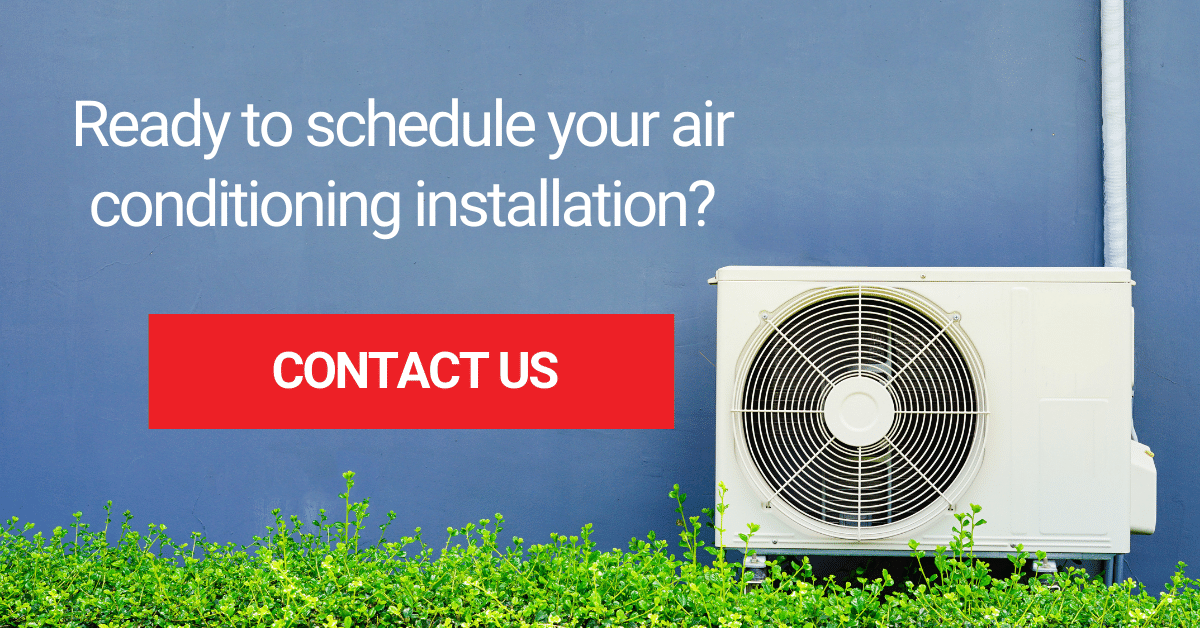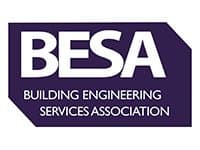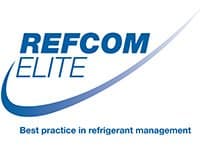Traditionally, UK summers only have a day or two where the temperature rockets above 30°C. However, the last few years have seen several weeks of hot, humid heatwaves, and it’s only projected to get worse.
With this in mind, the old solutions for dealing with heat in the office begin to seem less appealing. While running fans for a day or two can seem like an easy, convenient way to beat the heat, the energy costs and sound pollution of keeping these going through most of the summer can be disruptive, expensive, and make little real difference to the long-term comfort of employees.
For this reason, many small and medium sized offices are beginning to look at air conditioning installation as an important investment. In this post, we will go over just a few benefits of taking the plunge.
1. Increased productivity
A study by the FMJ suggests that uncomfortable office temperatures could be costing UK businesses £13 billion annually in office hours, with nearly ⅓ of workers losing productivity at higher temperatures.
High temperatures and humidity can cause lethargy. The discomforting physical symptoms of overheating can also be distracting, or mean workers are required to take more breaks.

The right air conditioning system can keep your workspace at a consistently comfortable temperature which is conducive to focused work. This means you can get the best out of your employees and increase morale in the office.
2. Fulfil your Legal Obligations
Unlike environments which require more physical labour, the rules around office conditions aren’t attached to specific acceptable temperatures. However, offices are still subject to the 1992 UK workplace regulations stating that: “During working hours, the temperature in all workplaces inside buildings shall be reasonable.”
By allowing temperatures to rise very high in summer or plummet in winter, you may find yourself vulnerable to complaints, union involvement, even legal action.
Air conditioning systems can regulate the temperatures of different spaces, keeping office buildings within the acceptable range. If you struggle to keep your office warm during the winter, the majority of modern heat pumps deliver both air conditioning and heating to your building.
3. Low Utility Costs and Sound Pollution
Many modern air conditioning units are extremely energy efficient. Not only is this good news for the environment, but for your energy bills.
Although individual fans are more energy efficient than an air conditioning system, this isn’t always the case when you consider that fans only really work on close contact. Once you picture a fan for every desk or two in your office, all whirring at once, they become less appealing, and their energy spend can stack up.

Air conditioning can be made even more effective by using smart technology or zoning – setting different temperatures for different areas, depending on need. This avoids spending energy on unused zones and concentrates the cooling where it matters.
4. Flexibility
Another advantage compared to fans or leaving the windows open for a breeze, is that air conditioning continues to function effectively at high temperatures.
While fans can aid air circulation and evaporation, scientists suggest that they can actually be harmful above 35°C. At these temperatures, they have even been shown to speed up the effect of heat-related illnesses, such as heatstroke.
As mentioned earlier, many AC systems can also be used to regulate the temperature and humidity throughout the seasons, rather than only helping with cooling.
5. Maintain your equipment
Servers famously require cooler temperatures, but many other pieces of IT equipment can also struggle above 30°C. Routers, laptops, and even phones can easily overheat in hot weather. The components within these devices need to work harder in a hot environment, which can affect their lifespan and how reliable they become day-to-day.

Neglecting your equipment on hot days can affect the quality of service you provide throughout the year, or an unexpected router shut down due to heat could cause even greater problems.
6. Reduce Sick Days
High humidity can make it feel hotter than it really is, but it can also take a toll on your employee’s health. Viruses spread far more easily when humidity levels are higher than 60%. It can also affect respiration and the evaporation of sweat, making conditions such as heat exhaustion more likely.
Increased humidity can also lead to higher frequency of dust mites, fungi, and chemical pollutants in the air. All of these can trigger allergies and decrease the quality of the air in your office.
Mould also loves high humidity areas. Not only can mould damage your office building and equipment, but the spores can cause breathing difficulties, fevers, or allergic reactions when touched or inhaled.
Air conditioning units often have a dehumidifying function which reduces these risks and may well result in less illness in the office. Since AC units filter the air, they can also improve air quality, reducing the number of pollutants.
7. Encourage more employees to visit the office
An AC system can also improve your company culture. Even when visiting the office is necessary for projects, meetings, or teambuilding, employees can be reluctant on hot days when they have to sit on a crowded bus before being sealed into a stuffy office.

By consistently providing a workspace which is a comfortable temperature, you can show employees that their wellbeing is being prioritised. Since few domestic settings have air conditioning at present, you can also tempt remote workers back into the office by providing something they can’t access from home.
Installing an air conditioning system can have a range of benefits for both larger and small offices, and in many cases it’s not the scale of investment you might expect. Total Environmental Kooling design and install a range of AC solutions for business spaces on different scales and budgets. From simple split systems to smart HVAC designs.
Contact us today to discover how we can help your office become a more comfortable, productive space.








